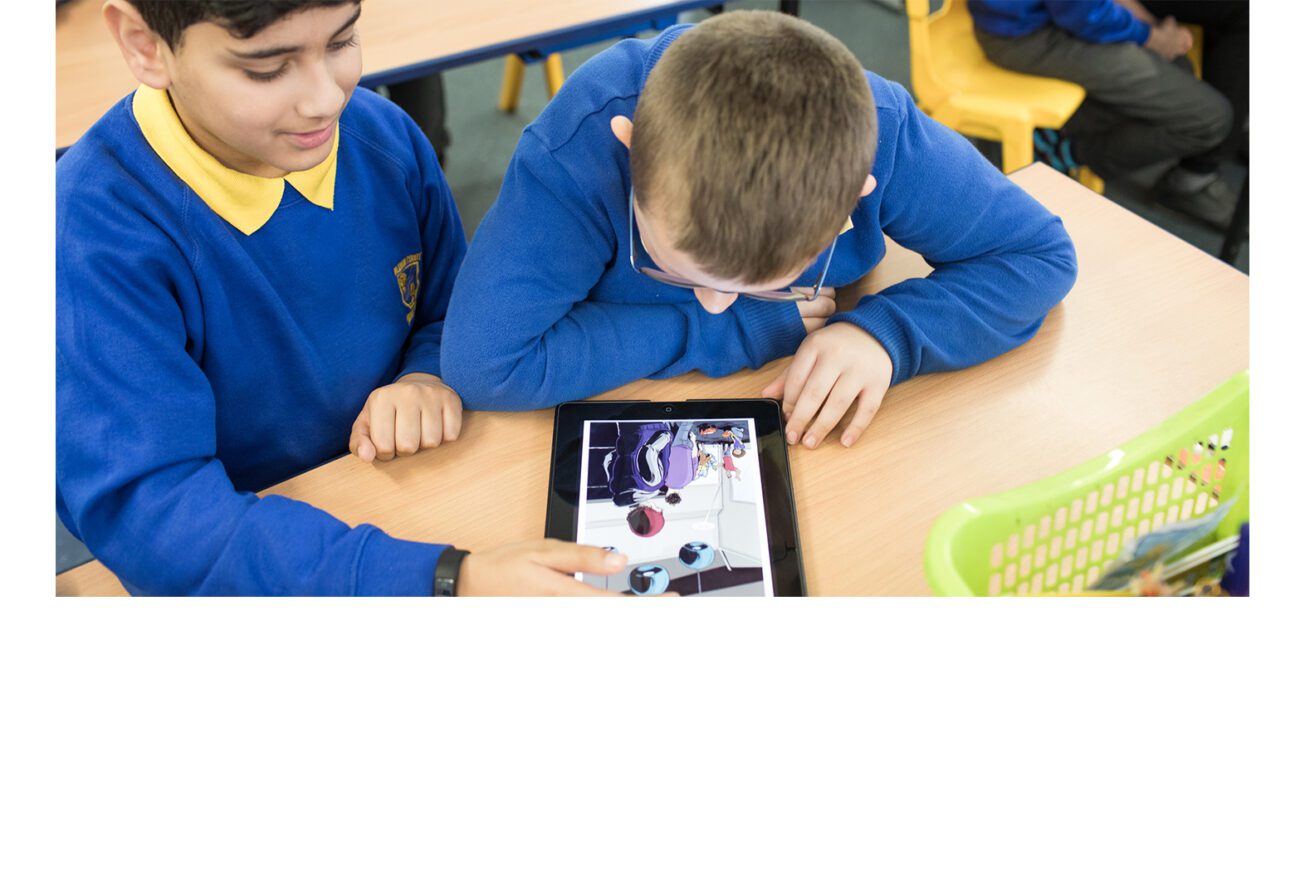Navigating Moral Dilemmas
Choices Year Five, Session Eight uses our interactive comic book, Marcus’ Story, to challenge young people to navigate moral dilemmas while raising awareness of the behaviours and techniques that might be used to influence them.


